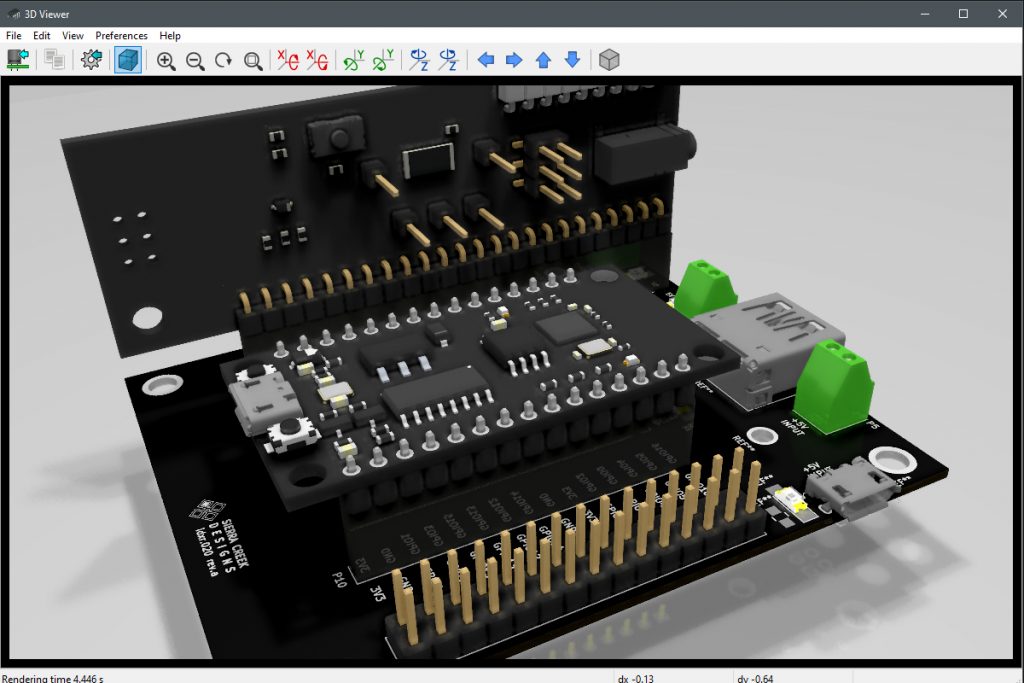While experimenting with an ESP8266 module, I constructed a project with a photocell sensor that fed illumination data (resistance changes) over WIFI to a PC laptop browser. To accomplish this, it was necessary to build the circuit with all relevant and necessary connections with a 3.3VDC supply. The project was to monitor illumination level changes and report those over WIFI to a browser.
The experiment accomplished several objectives:
- Become closely familiar with the capabilities of the ESP8266 NodeMCU module.
- Understand its limitations, features, and Arduino support.
- Run code loading, Sketch edits, and operation to the ESP8266.
- Log in, run the program, confirm reliability and performance.
In addition to running this project, it occurred to me that it should become possible to run an external relay from an 8266 GPIO output. Simply to represent a separately powered device yet controlled by the 8266 module as it functions as a node of edge component. A component specifically as a sensor, actuator, motor, solenoid, and so forth to accompany the 8266 module.
So to hash out a project that serves as a platform for new development, I put together a criterion that helps to guide a repeatable build. This is a project that hosts both an 8266 module plus a micro slot module with a regulated supply.
Project Prototype | Edge/Node Host
- WiFi Network Capability
- Bluetooth Capability
- Single Point Power Supply – Input
- Power LED
- Single Auxiliary Power Supply – Output
- Micro slot Port
- Source: Regulator 5VDC for Unit
- Source: Regulator 3V3DC for ESP8266 stepdown from 5VDC
- External 30-pin port to ESP8266
- Analog Sensor Interface
- Digital Sensor Interface
- Small Footprint 3.0″ x 2.5″
Base / Local Server
- Laptop
- GUI
- Desktop
- Mobile App
Functional Support
- Micro slot Variable
- Sensor Analog & Digital
- Actuators
- Motors & Servos
- Solenoids, Pistons
- Detectors















